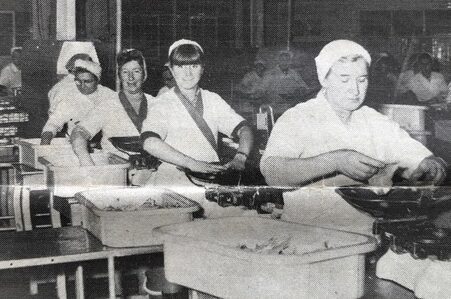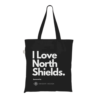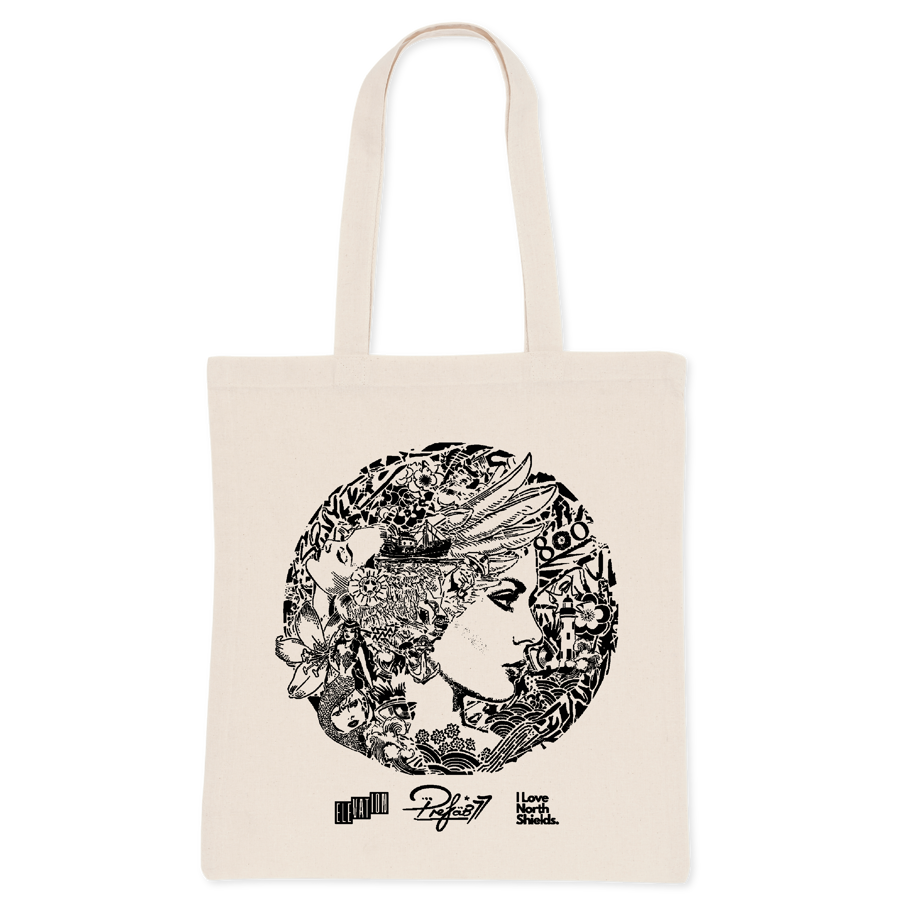By Rachel Chapman
There is much interest in the planned redevelopment of the former Tyne Brand factory on North Shields Fish Quay.
Local residents and businesses are looking forward to seeing old buildings demolished in the near future and the site cleared and given new life.
However, although the site has been in a state of dilapidation for decades, the factory once stood proud as a major employer in the area and the largest manufacturer of tinned meats in the country. During both world wars it provided a significant role in providing canned foods for the armed forces.
The origins of Tyne Brand go back to 1901, when local trawler owners and fish salesmen Richard Irvin father and son, William Purdy junior, Thomas Melrose, Robert Hastie and George Scott set up the Shields Ice & Cold Storage Company, building an ice factory for the fishing industry and the public. At that time boats were bringing ice to North Shields from Scandanavia.
In 1903 when large catches were landed and couldn’t be sold for economic prices, rather than send the fish to a local fertiliser factory, they experimented with canning, starting unsuccessfully with haddock. They then tried herring, and this proved to be a winner, with its distinctive oval tins sold worldwide.
The company later began trading as the Shields Preserving Works with Tyne Brand, Farne, Tinybest and Country Garden brand labels.
During World War 1 the company was directed to begin producing canned meats, soups and jams for the troops. During World War 2 they produced 130 million food tins to the armed forces.
In 1942 the company was renamed Tyne Brand.
In 1958 with a new chairman, Harold Thompson, the company began a period of growth, expanding its range of products and producing a million cans a week across three factories, including at North Shields. The Tyne Brand name was known across Great Britain, North America and the continent. In 1964 Tyne Brand Sliced Roast Beef was awarded the prestigious Prix d’Honneur at the Paris Canned Food World Olympics.
In 1973 Tyne Brand also began producing pet foods, finally closing its doors in 1976.
In 1919 an exhibition – ‘It’s in the can’ – telling the story of Tyne Brand, opened at the Old Low Light Heritage Centre, following a call to former employees for information about the factory. Some of the exhibition boards are still on display on the centre’s top floor.
Nina Brown, who worked on the exhibition with fellow volunteers, said: “At the Old Low Light we aim to preserve and celebrate the history of North Shields, particularly the fish quay. Tyne Brand was one of the biggest employers in the area and we wanted to make sure that its story wasn’t lost.
“When we called out for help, we were delighted to hear from people who gave us some lovely stories and information about the factory as well as photographs and artefacts.
“We were able to talk to someone aged 94 who worked in the factory during WW2 and others who were there in the 1950s and 60s. We also heard from the family of the chairman, the managing director and buyer. Most remembered happy days full of tough work, strong characters and comradery.”
‘

































